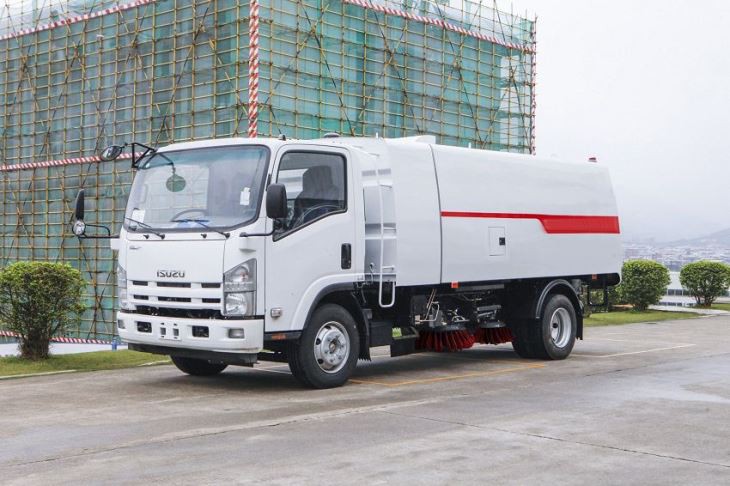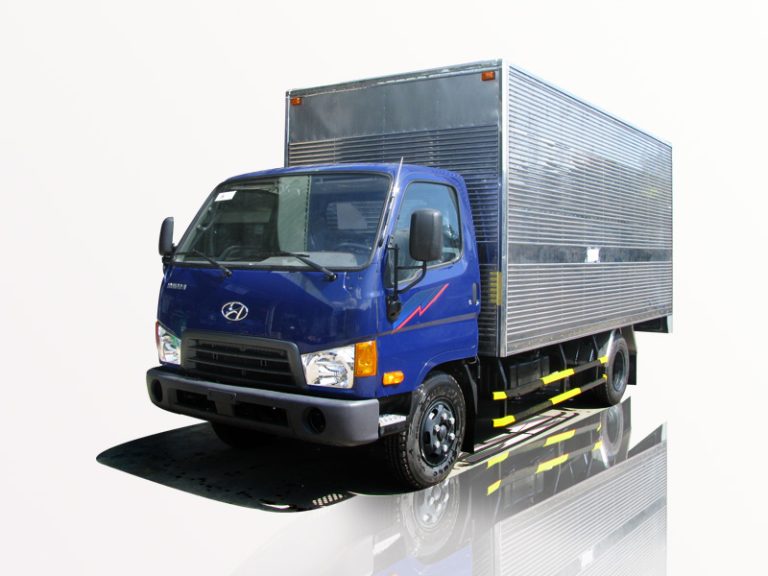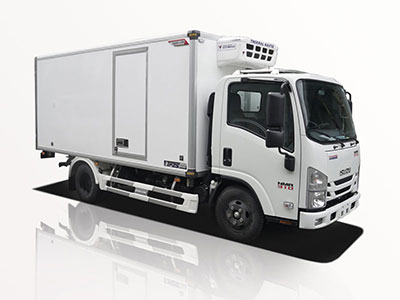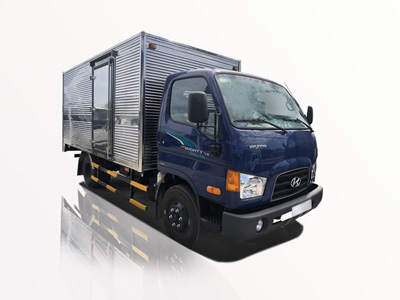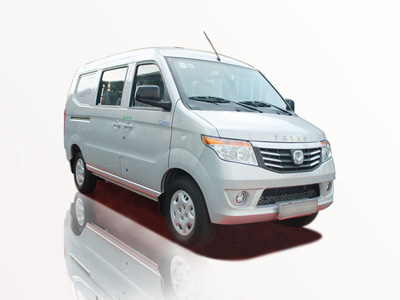Introduction
In recent years, mobile clinics have emerged as an effective solution for delivering healthcare services in underserved areas. These clinics are essentially vehicles outfitted with medical equipment and supplies, allowing healthcare professionals to reach patients directly. If you are considering purchasing a mobile clinic, this comprehensive guide will walk you through everything you need to know, including features, types, costs, and practical tips for operating one successfully. Whether you are a healthcare provider, a community organization, or an entrepreneur looking to invest, understanding the mobile clinic market can help you make an informed decision.
What is a Mobile Clinic?
A mobile clinic is a healthcare facility that provides medical services in a vehicle that is easily transported to different locations. They can serve various needs, from routine check-ups to specialized services like dental care or mental health services.
Features of a Mobile Clinic
- Medical Equipment: Mobile clinics typically come equipped with essential medical devices such as exam tables, diagnostic tools, and even laboratory equipment.
- Accessibility Features: Many mobile clinics are designed with accessibility in mind, including ramps for wheelchair access.
- Storage Space: Adequate storage is crucial for storing medical supplies, medications, and personal protective equipment (PPE).
Types of Mobile Clinics
Mobile clinics come in various shapes and sizes, tailored to meet different healthcare needs.
1. General Medical Mobile Clinics
These clinics offer primary healthcare services, including health screenings, immunizations, and wellness checks.
2. Dental Mobile Clinics
These are equipped with dental chairs, X-ray machines, and tools necessary for dental exams and treatments.
3. Immunization Clinics
Mobile clinics focused on vaccinations play a crucial role in public health initiatives, especially during outbreaks.
4. Mental Health Mobile Clinics
These provide counseling and psychiatric services to communities in need, often addressing issues such as addiction and trauma.
Hiring or Buying a Mobile Clinic
When it comes to acquiring a mobile clinic, you have two main options: renting or purchasing. Each option has its advantages and drawbacks.
Renting a Mobile Clinic
Renting can be ideal for organizations with limited budgets or those needing a mobile clinic temporarily. However, rental fees can add up over time, and the available options may be limited.
Buying a Mobile Clinic
If you plan to operate a mobile clinic long-term, purchasing might be the better option. Here are some factors to consider:
New vs. Used
- New Clinics: Typically come with warranties and the latest technology.
- Used Clinics: Can be more affordable but may require additional maintenance and repairs.
Cost of a Mobile Clinic
Understanding the cost is essential for budgeting purposes. Here is a breakdown of the estimated costs associated with mobile clinics.
Initial Purchase Costs
| Type of Mobile Clinic | Estimated Cost |
|---|---|
| General Medical Clinic | $50,000 – $150,000 |
| Dental Clinic | $70,000 – $200,000 |
| Immunization Clinic | $40,000 – $100,000 |
| Mental Health Clinic | $60,000 – $160,000 |
Ongoing Operational Costs
- Fuel Costs: Routine travel can add up quickly.
- Maintenance: Regular servicing is essential for keeping the clinic operational.
- Staff Salaries: Investing in qualified healthcare professionals is crucial.
Legal and Regulatory Considerations
Operating a mobile clinic requires compliance with various regulations, which can vary by state or country. Here are some key considerations:
Licensing Requirements
Ensure that the mobile clinic meets local health department regulations and that the healthcare providers have the necessary licenses.
Insurance
Liability insurance is crucial for protecting both the clinic and healthcare providers. Coverage should include vehicle insurance, malpractice insurance, and property insurance.
Marketing Your Mobile Clinic
Effectively promoting your mobile clinic can enhance community engagement and increase patient intake. Here are some strategies:
1. Social Media Marketing
Leverage platforms like Facebook, Instagram, and Twitter to share information about services and upcoming locations.
2. Community Partnerships
Collaborate with local businesses, schools, and non-profits to spread the word about your services.
3. Health Fairs
Participate in health fairs to showcase your services and connect directly with potential patients.
Challenges Faced by Mobile Clinics
Despite their advantages, mobile clinics can face several challenges. Understanding these can help you prepare for potential obstacles.
1. Weather Conditions
Extreme weather can impede operations and impact patient turnout.
2. Accessibility Issues
Finding suitable locations for setting up can sometimes pose challenges, particularly in urban areas.
3. Treatment Limits
Mobile clinics may not be able to provide all the services a traditional clinic can offer, requiring referrals for more complex cases.
Practical Tips for Operating a Mobile Clinic
Here are some practical tips for running a successful mobile clinic:
1. Schedule Regular Maintenance
Keeping the vehicle in good condition is crucial for reliability.
2. Develop a Communication Plan
Regular updates to patients can encourage continuity of care and increase trust.
3. Assess Community Needs
Regularly survey the areas you serve to adapt your services to meet changing community healthcare needs.
Frequently Asked Questions (FAQs)
1. How much does it cost to start a mobile clinic?
The cost can range from $40,000 to $200,000 depending on the type and features of the mobile clinic.
2. Do I need special training to operate a mobile clinic?
Yes, healthcare providers must have the appropriate licenses and training to deliver care effectively.
3. Where can I buy a mobile clinic?
You can purchase mobile clinics from specialized manufacturers, through online marketplaces, or from other healthcare organizations.
4. Are mobile clinics covered by insurance?
Most insurance plans will cover services provided by mobile clinics, but this may vary based on the provider and location.
5. How do I promote my mobile clinic effectively?
Utilize social media, participate in community events, and build partnerships with local organizations to increase visibility.
6. Can mobile clinics operate in urban areas?
Yes, mobile clinics can effectively serve urban areas, although logistical considerations such as parking and zoning may apply.
